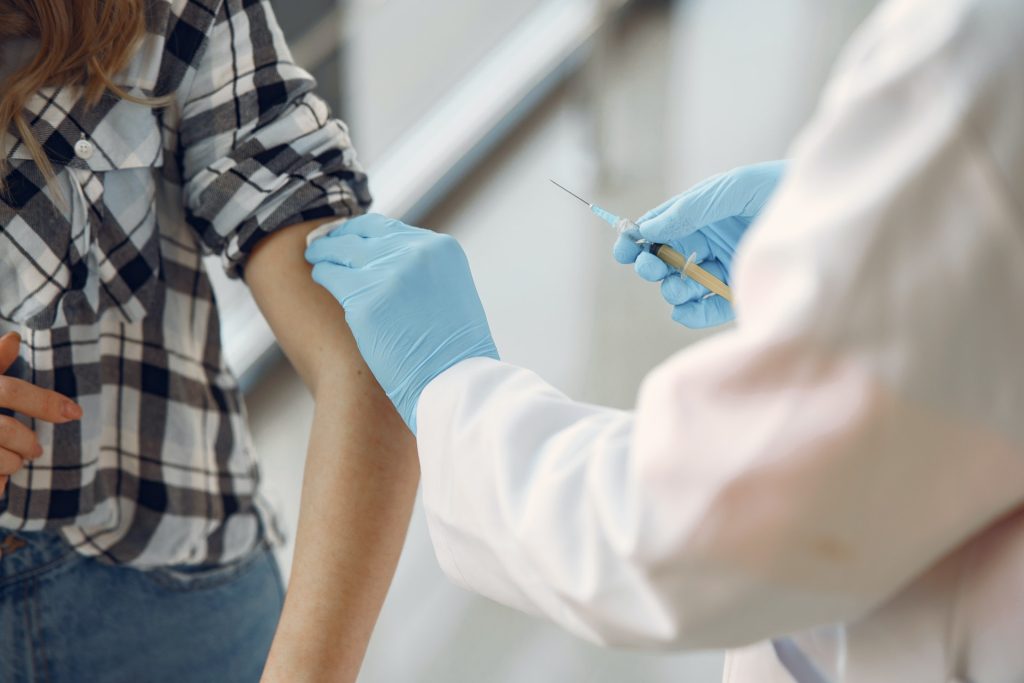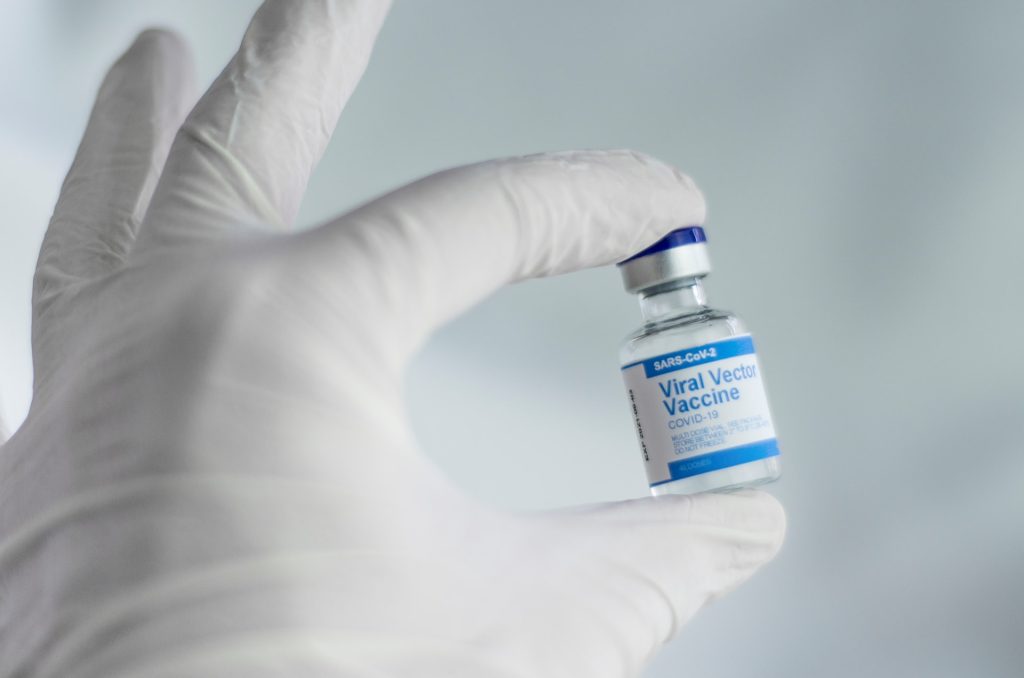Half Dose of COVID Booster Yields Similar Immune Response to Full One

Reducing the dose of a widely used COVID booster vaccine produces a similar immune response in adults to a full-dose with fewer side effects, according to a new study published in The Lancet Regional Health – Western Pacific. The research found that a half dose of a Pfizer COVID booster vaccine elicited a non-inferior immune response to a full dose in Mongolian adults who previously had AstraZeneca or Sinopharm COVID shots. But it found half-dose boosting may be less effective in adults primed with the Sputnik V COVID vaccine.
The research, led by Murdoch Children’s Research Institute (MCRI) and the National Centre for Communicable Diseases in Mongolia, is part of an international clinical trial investigating the different COVID booster shot approaches to help guide future vaccination strategies.
The first batch of findings, and involving 601 participants over 18 years old from Mongolia, reports on the initial responses seen 28-days after vaccination. The study is the first of its kind to assess and compare COVID-19 vaccines widely used in low- and middle-income countries.
MCRI Professor Kim Mulholland, who also sits on the WHO SAGE committee, said the study found that fractional doses elicited an immune response that was non-inferior to a full dose with fewer side effects and was less costly.
“Fractional dosing may improve COVID booster acceptability and uptake and reduce the per-dose cost of COVID-19 booster programs,” he said. “Policymakers and immunisation advisory committees can draw upon this data to make flexible boosting schedules decisions.”
The study found that participants receiving a half dose reported fewer local reactions than those receiving full doses (60% versus 72%) including less pain and tenderness. They also reported fewer systemic reactions (25% vs 32%) including less fevers, vomiting, diarrhoea and headaches.
The cohort will be followed up at six and 12 months with the data to answer key questions on other aspects of the immune response including the rate of waning and breakthrough infections.
Source: Murdoch Children’s Hospital



